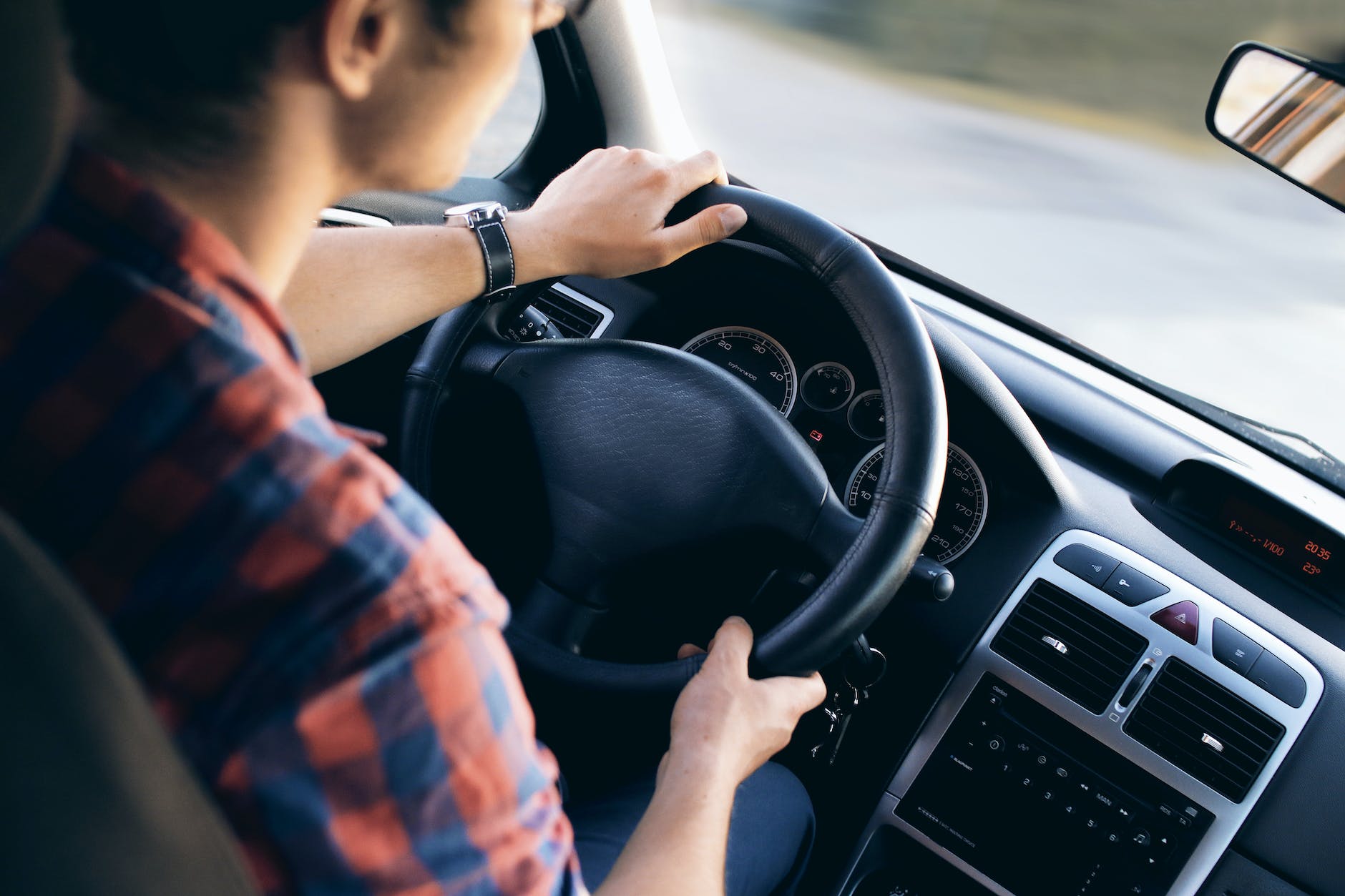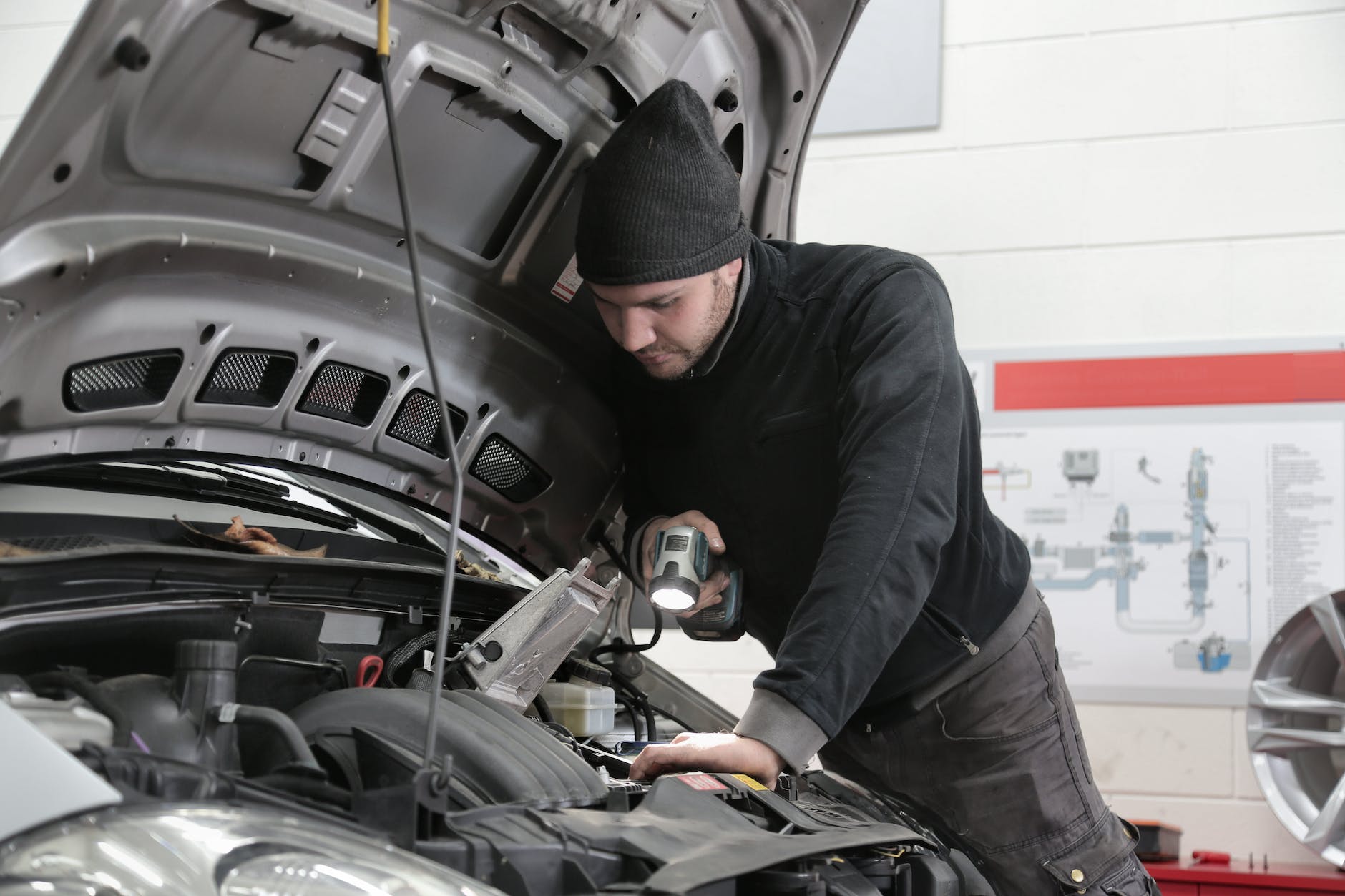
Driving Car
Purchasing a used car can be a smart financial decision, as long as you do your due diligence to ensure that you’re getting a quality vehicle. One of the most important steps in this process is asking the right questions before making your purchase. Ready to find your next used car? Look no further than GL Auto! They’ll help you select the best option.
Here are 10 essential questions to ask when buying a used car:
1. What is the overall condition of the car?
The first and most obvious question to ask when buying a used car is about its overall condition. This includes the exterior, interior, and mechanical components of the vehicle. Ask the seller if there are any noticeable dents, scratches, or rust spots on the body of the car. Check for signs of wear and tear on the seats, dashboard, and floor mats. Finally, ask about any recent repairs or maintenance that has been performed on the car to ensure that it has been well-maintained.
2. How many miles are on the car?
Another key question to ask when buying a used car is how many miles are on the vehicle. This will give you an idea of how much wear and tear the car has experienced and can help you estimate how much life it has left. In general, a car with fewer miles is likely to be in better condition and last longer than a car with higher mileage. However, this isn’t always the case, so be sure to ask additional questions about the car’s history to get a better sense of its overall condition.
3. Has the car been in any accidents?
It’s important to ask the seller if the car has been in any accidents, as this can have a significant impact on the car’s value and safety. If the car has been in an accident, ask about the extent of the damage and what repairs were made.
4. What is the car’s maintenance history?
In addition to asking about recent repairs or maintenance, it’s important to get a sense of the car’s overall maintenance history. Ask the seller for records of any previous repairs or routine maintenance, such as oil changes, tire rotations, and brake replacements. This can give you an idea of how well the car has been cared for and can help you anticipate any future maintenance needs.
5. Has the car been inspected by a mechanic?
Before purchasing a used car, it’s a good idea to have it inspected by a qualified mechanic. Ask the seller if the car has already been inspected, and if not, consider scheduling an inspection yourself. This can help you identify any potential issues with the car before you make your purchase.

Mechanic
6. What is the car’s current market value?
Research the current market value of the car you’re interested in before making your purchase. This can help you negotiate a fair price with the seller and avoid overpaying. You can find this information by checking online car valuation tools or consulting with a trusted car dealer.
7. Is there a warranty or return policy?
Ask the seller if there is any warranty or return policy on the car. Some sellers may offer a limited warranty or allow you to return the car within a certain timeframe if you’re not satisfied. Knowing this information can help give you peace of mind and protect your investment.

Car warranty or return policy
8. What is the car’s fuel efficiency?
Fuel efficiency is an important consideration when purchasing a car, as it can impact your overall cost of ownership. Ask the seller about the car’s fuel efficiency and compare it to other models in its class. You may also want to research the car’s fuel efficiency ratings online to get a better sense of how it compares to other vehicles.
9. What features does the car have?
Ask the seller about the car’s features, such as its entertainment system, safety features, and
other amenities. This can help you determine if the car has everything you’re looking for and if it’s worth the asking price. If the car has any additional features or upgrades, be sure to ask about their condition and if they add any value to the car.
10. Can I take the car for a test drive?
It’s important to take the car for a test drive before making your purchase. This can give you a sense of how the car handles on the road, if there are any issues with the brakes or steering, and if there are any strange noises or vibrations. If possible, try to test drive the car in a variety of conditions, such as on the highway, in stop-and-go traffic, and on winding roads.
Things to remember When Buying a Used Car
Aside from asking the right questions, there are a few other things to keep in mind when buying a used car:
- Consider getting a vehicle history report. This report can provide valuable information about the car’s previous owners, accident history, and service records. You can purchase these reports online from providers such as Carfax or AutoCheck.
- Consider financing options. If you plan to finance your purchase, shop around for the best interest rates and loan terms. You may also want to consider getting pre-approved for a loan before you start shopping for a car, as this can give you more bargaining power and help you stay within your budget.
- Don’t rush the process. Take your time to research different makes and models, and be patient as you search for the right car. Don’t feel pressured to make a purchase right away, and be willing to walk away if the seller isn’t willing to negotiate or if you have any doubts about the car’s condition.
- Consider having a trusted mechanic inspect the car before you buy it. Even if the seller claims that the car is in great condition, a professional inspection can help identify any potential issues and give you a better sense of the car’s true value.
- Be sure to read the contract carefully before signing. Make sure you understand all the terms and conditions of the sale, including any warranties, return policies, or financing agreements. Don’t hesitate to ask questions if there’s anything you’re unsure of.
Buying a used car requires careful research and attention to detail, but it can be a great way to save money and get a quality vehicle. By keeping these things in mind and doing your due diligence, you can find a car that meets your needs and budget, and enjoy it for years to come.
Why ask Questions When Buying a Used Car?
There are several important reasons why you should ask questions when buying a used car. Here are a few:
- To ensure you are getting a fair price: By asking questions about the car’s condition, history, and maintenance, you can better determine if the asking price is reasonable. You can also use this information to negotiate a lower price if necessary.
- To assess the car’s condition: Asking questions about the car’s maintenance history, previous accidents, and any repairs or upgrades can help you better understand the car’s overall condition. This information can also help you anticipate any potential problems down the line.
- To understand the car’s history: By asking about the car’s previous owners, accidents, and service history, you can get a better sense of how the car has been treated in the past. This information can help you make an informed decision about whether or not to buy the car.
- To ensure you are making a safe purchase: By asking questions about the car’s safety features and any past accidents, you can better determine if the car is a safe choice for you and your family.
Overall, asking questions when buying a used car can help you make a more informed decision and ensure that you are getting a good deal
Conclusion
Buying a used car can be a smart financial decision, but it’s important to ask the right questions to ensure that you’re getting a quality vehicle. Be sure to ask about the car’s overall condition, mileage, maintenance history, accident history, and features. It’s also a good idea to research the car’s market value and fuel efficiency, and to take it for a test drive before making your purchase. By doing your due diligence and asking the right questions, you can find a great used car that meets your needs and budget.





